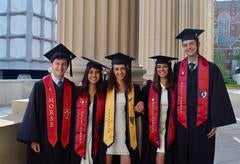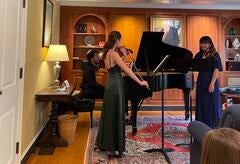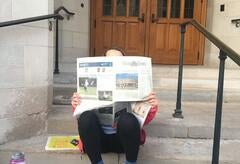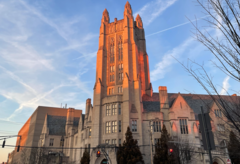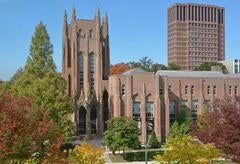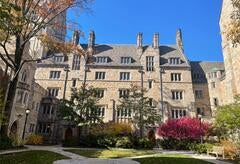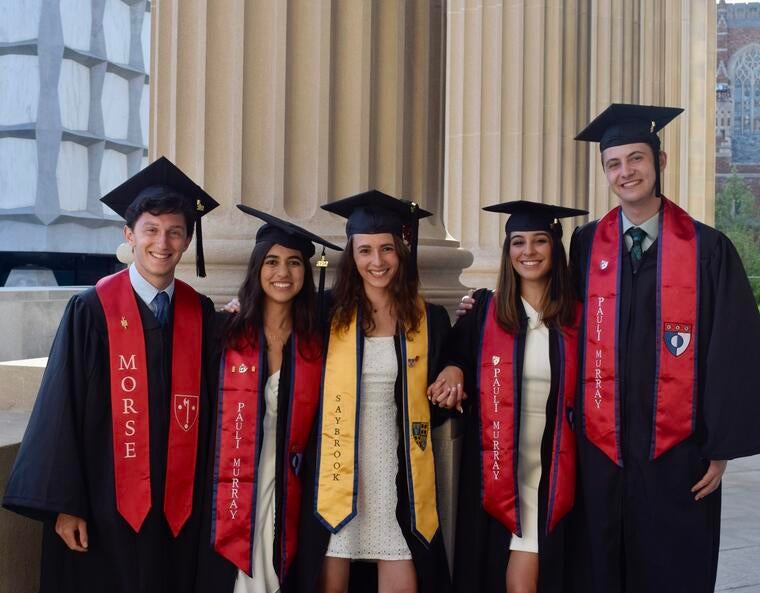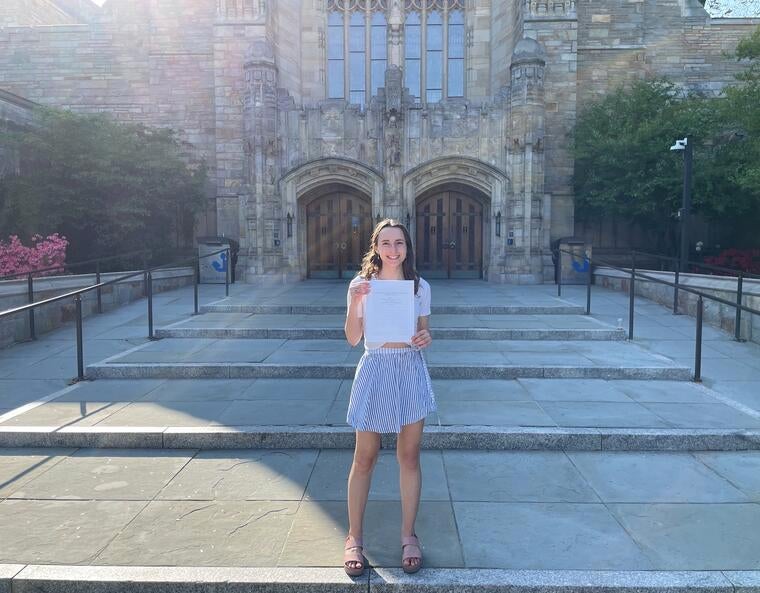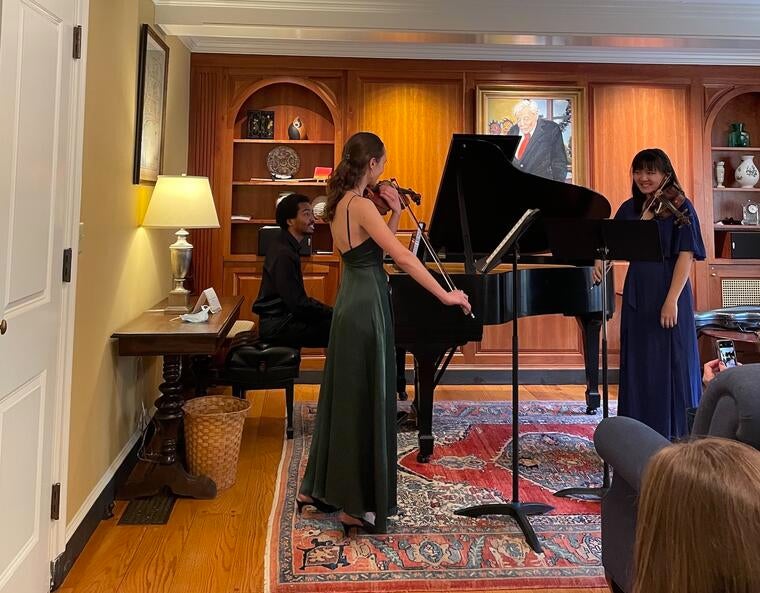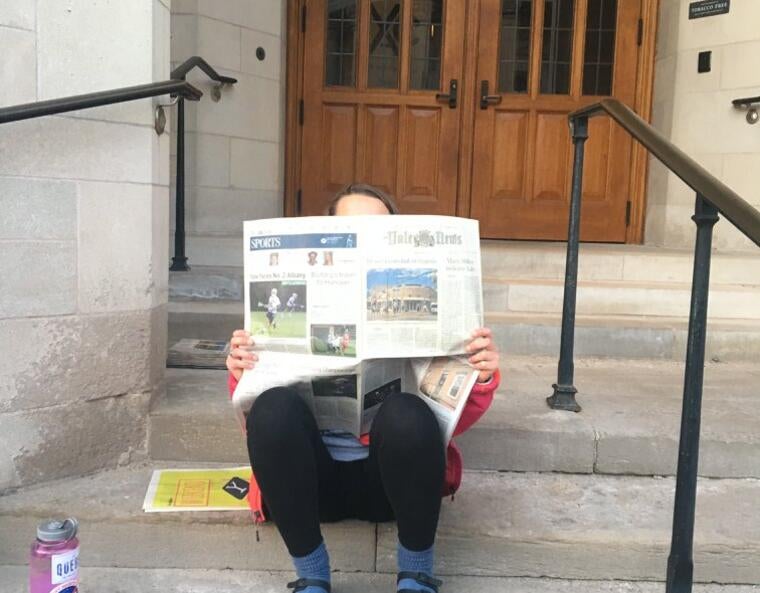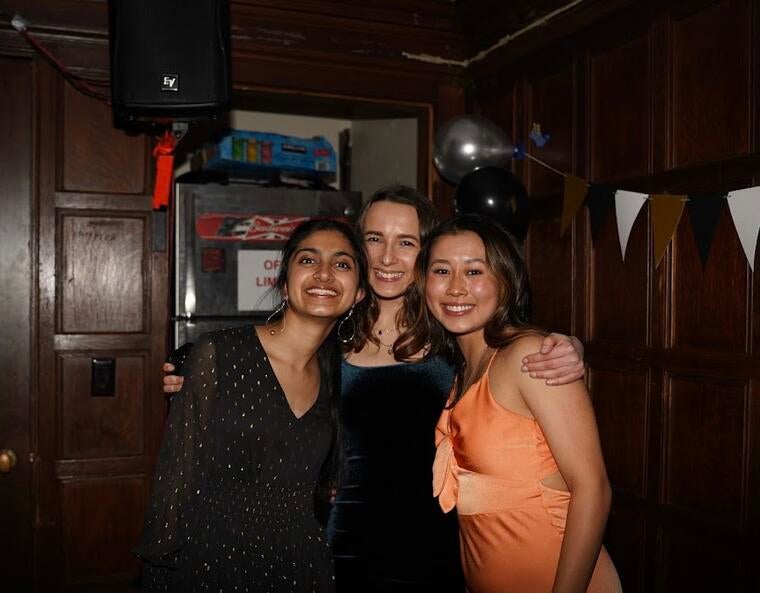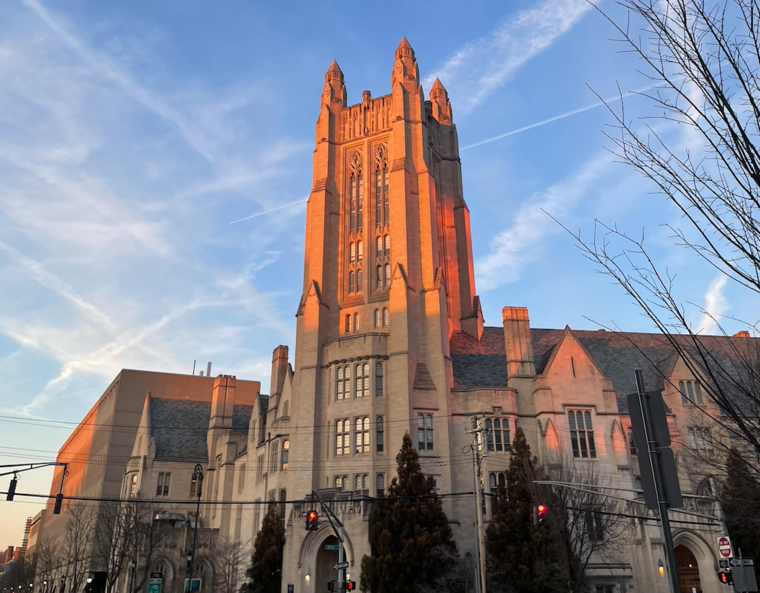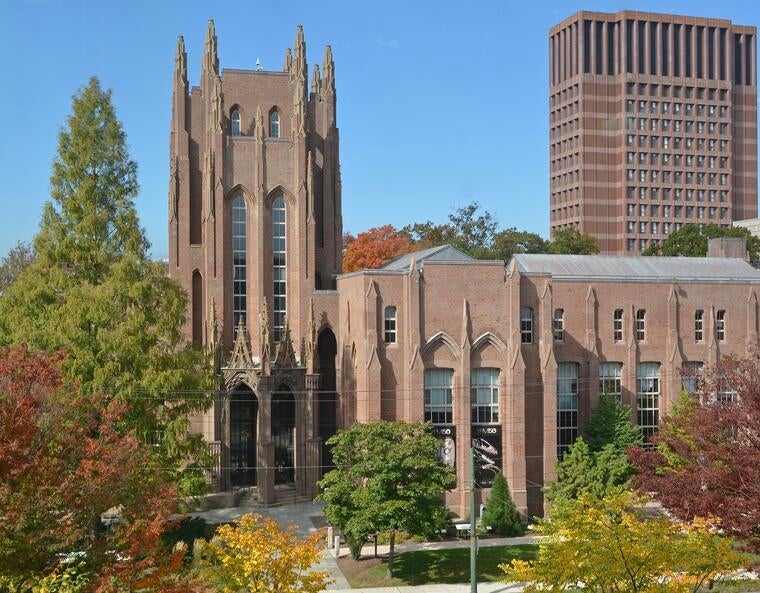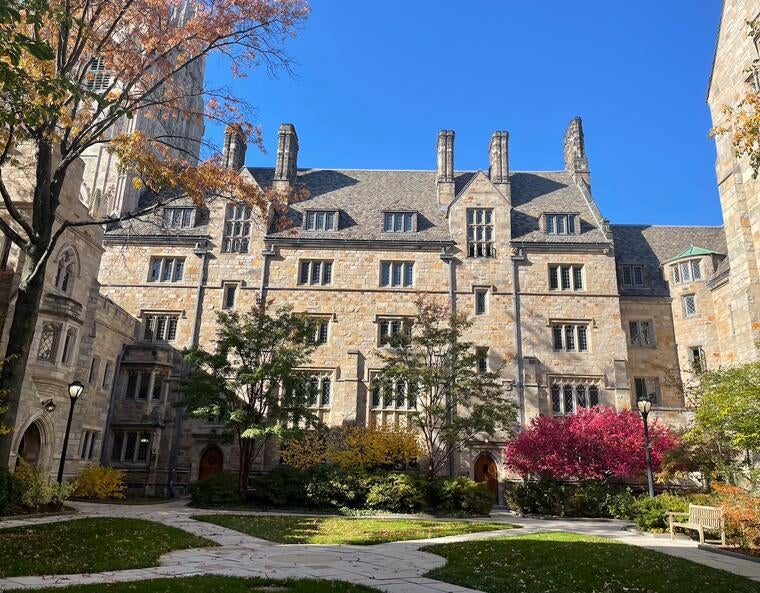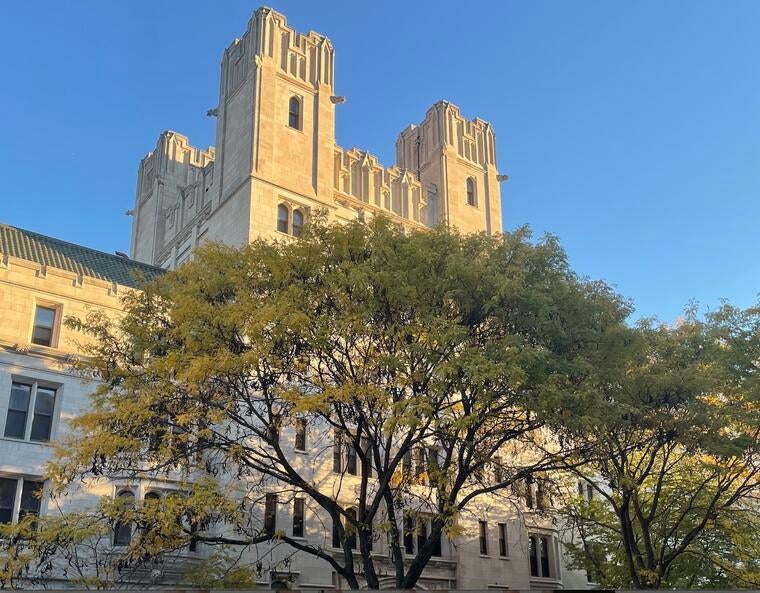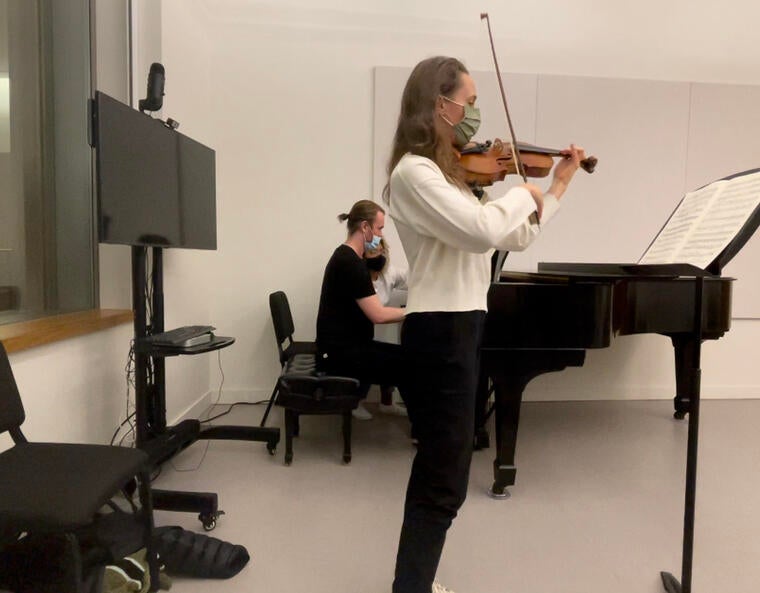
Unsure of whether you’ll be able to continue taking music lessons after high school? At Yale, the answer is most likely that you will! Yale’s undergraduate lesson program is an amazing resource that allows students at a variety of levels to continue their studies.
In addition to Yale College (the undergraduate school), Yale has a variety of graduate schools, including an amazing School of Music. The School of Music has a lessons program that allows talented undergraduates to study with both School of Music faculty and music graduate students. I’ve taken violin lessons throughout my four years here, and have found them to be one of the most enriching parts of my Yale experience. Lessons are offered in basically every orchestral instrument, as well as voice, guitar, saxophone, and organ.
Lessons can be taken for-credit, which means that they are a class on your transcript and you receive a credit for it (the grade is pass/fail, however, and not included in your GPA). They also don’t cost anything extra. Lessons can also be taken non-credit, which means that they function more as an extracurricular activity on top of your course load. Non-credit lessons are usually taught by graduate students, and you have to pay for them. However, the School of Music also offers generous scholarships to offset the costs.
The other big difference is that, in order to take for-credit lessons, you have two take two musicianship or music theory courses. You can complete these classes either before or during the semesters you’re taking lessons. A good way to think about it is that for-credit lessons require more commitment, since you devote several credits worth of classes to them. Non-credit lessons are more self-directed in terms of how much you want out of them.

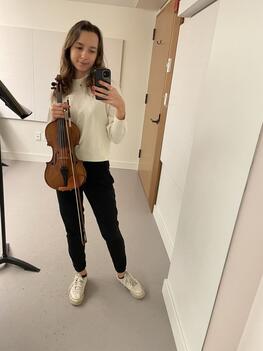
Then and now: From first year on the left to senior year on the right, I’ve spent many hours preparing for lessons inside Yale School of Music practice rooms :)
I took two years of non-credit lessons, and am now taking for-credit lessons in my final two years. Both experiences have allowed me to develop musically and have been a great counterbalance to my academics. One of my favorite parts about taking for-credit lessons is that I am part of a “studio” of students–violinists who are all taught by my teacher. Once or twice a month, we gather at the music school for studio class. This is an opportunity for students to perform whatever they are working on.
Usually everyone is at various stages of progress with their pieces, ranging from only having worked on something for a week to several months. My studio is a really supportive group of people who always offer constructive comments and feedback, no matter how performance-ready someone may be. It’s a joy to hear others play, and I always leave class feeling inspired. My studio is definitely one of the communities I cherish the most at Yale, and I’m so grateful to be a part of it.
